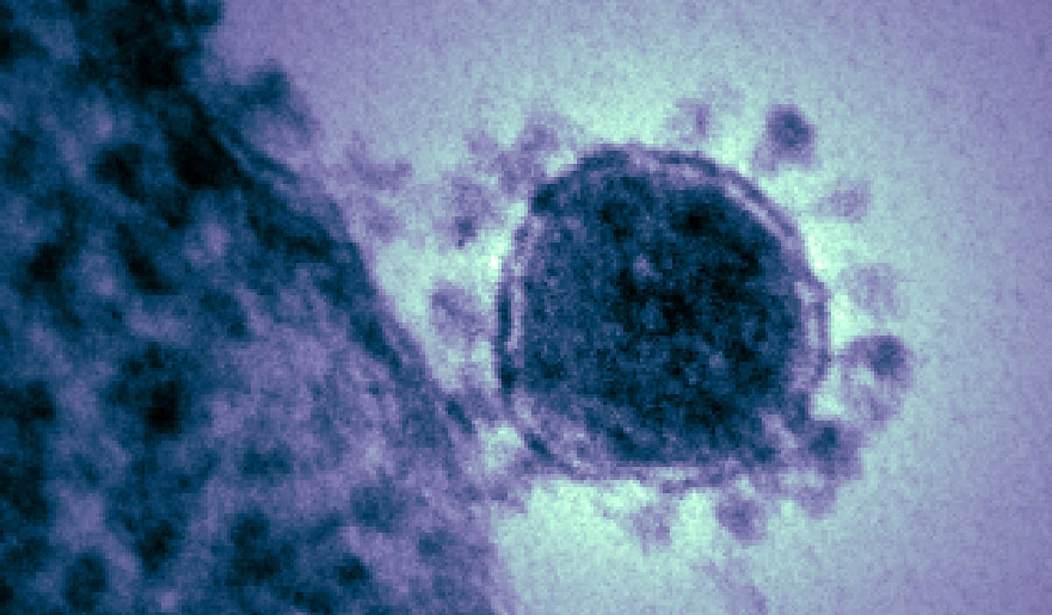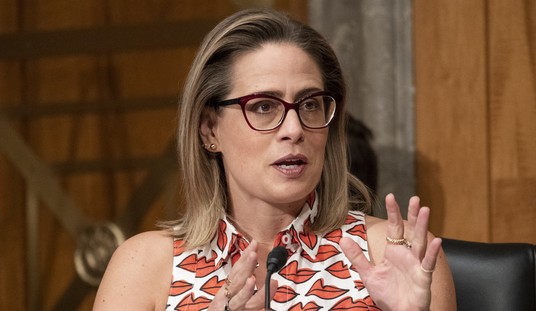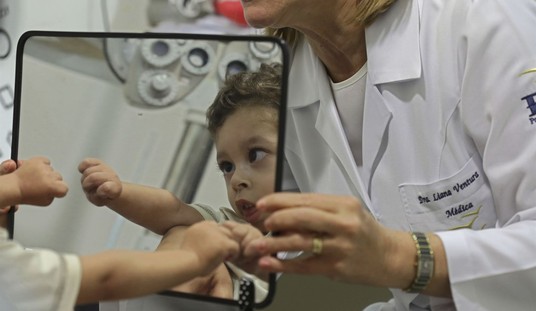There is a tradition within Judaism that all actions in the world can be viewed through the lens of the Torah reading of the week. Based upon that premise, these columns are to help us understand the politics of the world through a biblical lens.
With so many counties declaring a state of emergency because of the COVID-19 coronavirus, a general state of panic is starting to envelop society (if you try to go to Costco you will experience an example of this panic). But, as always, we need to look to the sacred texts for an understanding of how to respond to any situation, especially a crisis… and the Jewish holiday of Purim (Monday night, March 9 through Tuesday, March 10) gives us all-important guidance on how we can deal effectively with this potential crisis. Even if you have personal doubts about the applicability of biblical teachings to “modern situations,” the Book of Esther upon which the holiday is based gives practical tools to help us all survive this (and any) crisis.
During this holiday, the Book of Esther is read and studied. A very simplistic synopsis of the story is that all the Jews in Shushan, Persia, in the 5th century BCE were condemned to die due to the order of an evil royal minister named Haman. Esther, the wife of the king, is a “hidden” Jew (the king does not know her heritage) and is persuaded by her cousin Mordecai to appeal to the king and have the death order canceled. The Jews of Shushan both pray and act (giving charity, fasting, wearing sackcloth, etc.) on Esther’s behalf. She not only convinces the king to annul the decree, but Haman and his sons are killed, and Mordecai becomes a minister for the king. The evil minister is supplanted with a wise one, and the crisis is defeated.
How does this teach us how to deal with COVID-19?
Purim teaches us the story of the Book of Esther, in which our very survival is at risk from an outside source. Throughout history, different plagues have been compared to Haman—the outside source attempting to destroy. A “Haman” is a term often used to describe an individual or circumstance that is destructive and a manifestation of evil. (Hitler, Mao, and Stalin have all been called modern “Hamans,” and some would argue that some of the current leftist leadership in the Democratic Party falls into the category as well.) The Jews of Shushan survived through a combination of honestly understanding their situation, prayer, charity, and direct and focused action (some even put on sackcloth and ashes). It is here that we find the biblical response on how to deal with COVID-19.
First, each of us must honestly understand the actual facts and risks of the situation, in the same way the ancient residents of Shushan were honest about Haman. This current “Haman,” COVID-19, currently has a mortality rate of 1-3.4% (figures vary depending on the source) and it is expected that as more cases are identified the mortality rate will decrease. This is in comparison to the mortality rates of Ebola (25%), SARS (10%), and MERS (35%). This virus seems to be highly contagious, but the mortality rate is lower than many previous pandemics and seems to be directed at those with compromised immune systems: the very young, very old, and already infirm. This is the description of today’s Haman… and the Book of Esther teaches us how to deal with it.
First: don’t panic! (Rebbe Nachman of Breslov taught that the only thing to worry about is that we worry too much.) We have survived plagues before, and as Mordecai says in the Book of Esther, “relief and deliverance will arise.” We will survive this plague as well, and the statistics, while disconcerting, are not nearly as scary as the panic that is happening in all too many communities.
The holiday of Purim reminds us that we must act in certain ways and that this will prevent us from harm. The most basic way in this case is to wash our hands with soap and hot water as often as possible and to make sure that our children do the same. We need to strengthen our immune systems with healthy foods, exercise, and vitamin supplements. The CDC has created a website to offer other protective methods. In the same way that the people of Shushan acted to prevent Haman from massacring them, we must take these steps to heart and practice to curb the spreading of the virus.
The Jews of Shushan gave charity, which during this time of Purim is called mishloach manot, and it is an obligation on every adult individual. Traditionally during Purim, this is in the form of gifts of food, but any form of charity that we do will make a difference. On a spiritual level, the concept is that by giving charity we tie ourselves to a community, and the spiritual strength of that community is a shield against evil in any form. We are always stronger together than we are alone. We must all make it a point to give charity this week (and always), no matter how small or large, and it will be an extra shield against the challenges of this time.
Prayer. The people of Shushan prayed with all their passion, and they did it not only individually but as a community. For many people, prayer may seem useless or a waste of time…but it is one of the most practical tools that every human being has. There are multiple academic studies from universities over the last fifty years that demonstrate the quantifiable benefits when prayer is added into any equation. Each of us must make the time to initiate a dialogue with God, however you view that deity. You might be pleasantly surprised with the results. Pray with your family and friends, and certainly come to services and pray as a community. Many spiritual communities are broadcasting their services online or via Skype if that is more comfortable. It might help, and it certainly couldn’t hurt.
These are the simple steps as taught in the biblical reading of the week in the Book of Esther that we all need to do to keep ourselves, our families, and our communities safe during this time of fear and sickness. To recap: don’t panic. Become familiar with the actual statistics of COVID-19, take the recommended steps to prevent the disease (i.e. washing our hands, covering our mouths when sneezing, etc), give charity this week of Purim, and express ourselves in honest prayer. These steps will combine and create a shield of protection against the Hamans of any time, including this most recent sickness of COVID-19.
May we all be blessed to be kept safe in the shade of the Holy One, Blessed be He; and in the Presence of the Shechinah; and may we all come together safely as a spiritual communities to bring more healing, life, and goodness into the world during these challenging times.
Rabbi Michael Barclay is the Spiritual Leader of Temple Ner Simcha in Westlake Village, CA. (www.NerSimcha.org) and the author of “Sacred Relationships: Biblical Wisdom for Deepening Our Lives Together”. He can be reached directly at [email protected]










Join the conversation as a VIP Member